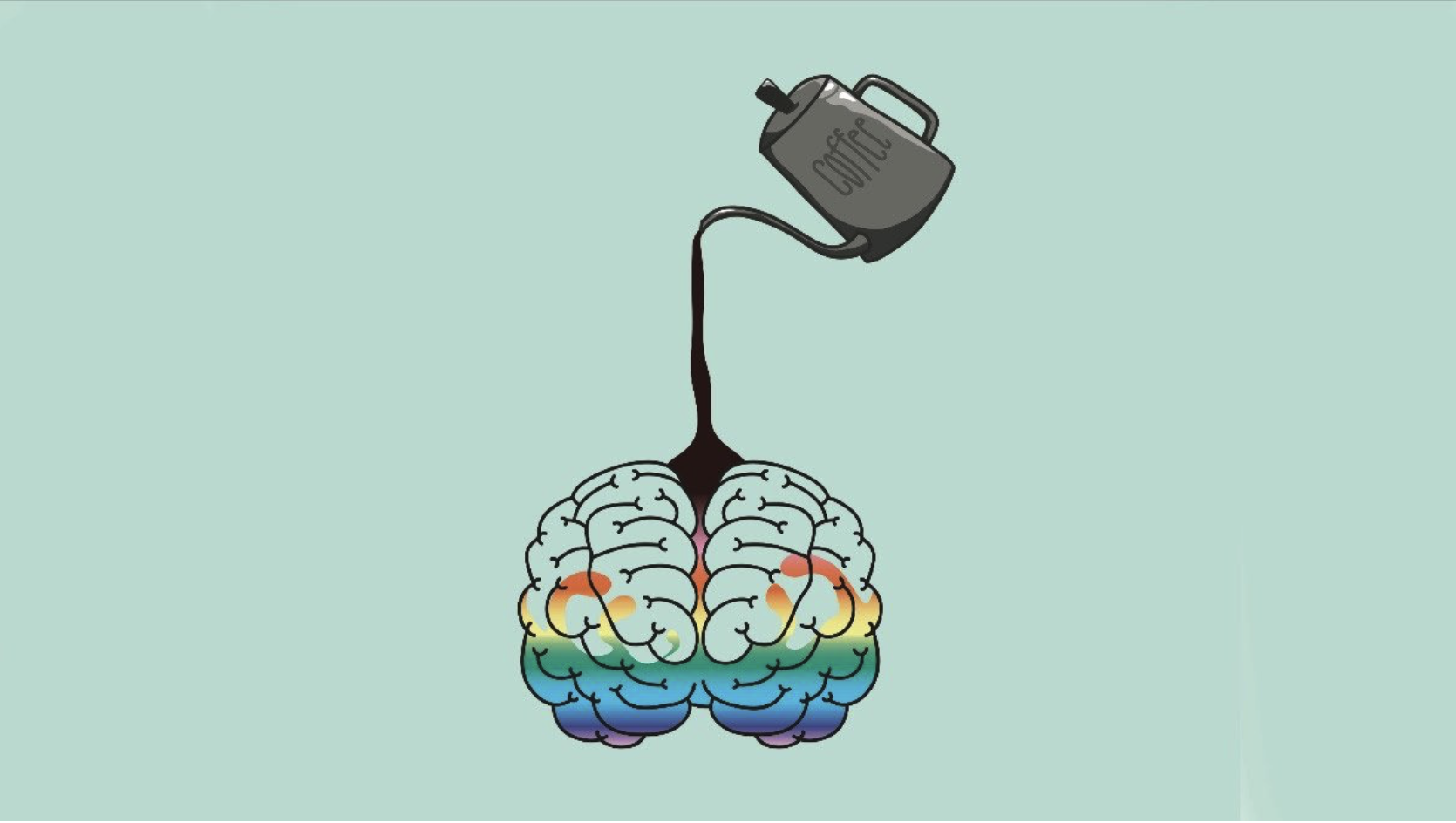Thinking about giving up coffee? Here's what happens to your body

Me and coffee are tight. Coffee is there in the morning, coffee is there when I hit the mid-afternoon wall. Coffee is there in the times where we could go out and do things. But, as we're constantly told, coffee is bad, depending on who you ask. If you've ever found you're not sleeping, are anxious, or find concentrating hard, coffee could be the cause.
Coffee plays a role in more than just your attention. If you quit coffee cold turkey you can develop withdrawal symptoms not too dissimilar to taking things of a stronger and more legally dubious nature, says Dr. Mia Finkelston, MD, a board-certified family physician. If you are thinking of giving up a cup of joe, here's what you've got to look forward to.
After one day
The first day of a caffeine detox is typically the hardest. Within hours, you’ll most likely become irritable and experience brain fog and headaches, which happens to 50 percent of people, according to a Johns Hopkins Medicine study.
After One Week
Expect to feel the full effects of caffeine withdrawal during this time. Finkelston explains that it usually takes 72 hours to get over the symptoms of withdrawal, which include constipation, headaches, insomnia, and dizziness. Fuuuuunnnnnnnnn.
After One Month
If you were a light caffeine consumer, your body will start reverting to the way it was before you started to regularly consume caffeine. Your brain will eventually begin to develop more adenosine receptors (which communicate to you when it’s time to go to sleep and help regulate blood flow to arteries) after being blocked by caffeine molecules for such a long time.
After Six Months
Expect your body to not feel dependent on caffeine, since you most likely won’t be experiencing the withdrawal effects by this time. Plus, your brain will continue to grow more receptors over time, which can signal your adrenal glands to produce more adrenaline.
So, are you tempted to give up the black stuff? I'm certainly not.

